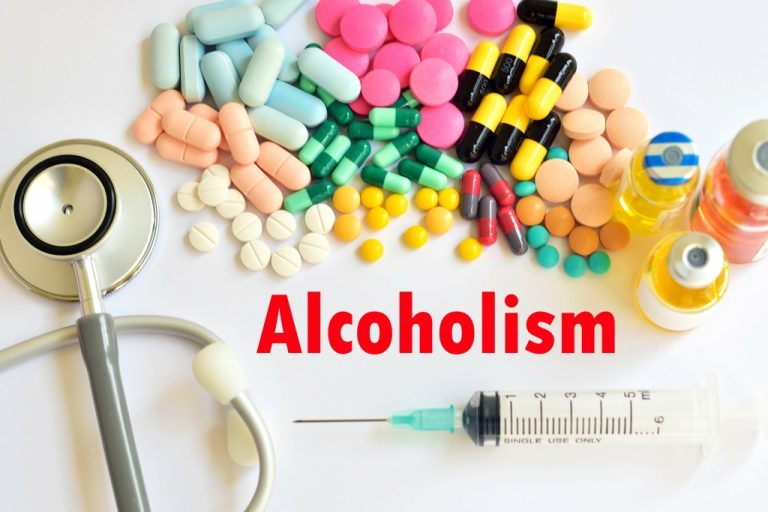A relapse is a common concern when recovering from addiction, but with the correct relapse prevention measures in place, you can decrease the chances of relapsing significantly. Individuals use drugs and alcohol to escape negative emotions; however, they also use as a reward and/or to enhance positive emotions [11]. https://injournal.ru/biograf/herbert.html In these situations, poor self-care often precedes drug or alcohol use. For example, individuals work hard to achieve a goal, and when it is achieved, they want to celebrate. But as part of their all-or-nothing thinking, while they were working, they felt they didn’t deserve a reward until the job was done.

Dealing with post-acute withdrawal is one of the tasks of the abstinence stage [1]. Post-acute withdrawal begins shortly after the acute phase of withdrawal and is a common cause of relapse [17]. Unlike acute withdrawal, which has mostly physical symptoms, post-acute withdrawal syndrome (PAWS) has mostly psychological and emotional symptoms. Its symptoms also tend to be similar for most addictions, unlike acute withdrawal, which tends to have specific symptoms for each addiction [1]. The negative thinking that underlies addictive thinking is usually all-or-nothing thinking, disqualifying the positives, catastrophizing, and negatively self-labeling [9]. These thoughts can lead to anxiety, resentments, stress, and depression, all of which can lead to relapse.
Psychiatric Mental Health Nurse Practitioner (PMHNP-BC)
The more committed you are to the process, the more likely you’ll be to succeed. Give yourself credit for each small gain you make — one week sober, one month off drugs, etc. For each goal you achieve, give yourself a reward as motivation to keep moving http://extreme.lviv.ua/forum/profile.php?mode=viewprofile&u=281 forward. For instance, book yourself a relaxing massage or buy yourself something you’ve had your eye on. Emotional awareness encourages you to check in with yourself before taking action, reminding you to stay mindful of your current state.

The Verified badge on our articles is a trusted sign of the most comprehensive scientifically-based medical content. If you have any concern that our content is inaccurate or it should be updated, please let our team know at [email protected]. In a study published in the Journal of the American Medical Association, relapsing in substance use disorders was compared to relapsing among those suffering from hypertension and asthma.
Coping Skills to Help You Avoid Relapse
The second goal is to help patients recognize their denial so they can further understand the need to take steps to avoid progressing through the stages of a relapse. A Pennsylvania native, Anthony left home when he was 21 during an active addiction – he thought he had it all figured out. His addiction progressed, causing him to neglect priorities http://foautah.org/aspca-nyc-cat-adoption like relationships, rent, and job opportunities. Eventually, Anthony found himself homeless and broken spiritually, emotionally, and physically. Anthony researched a treatment center in the Dallas area that was able to fly him down to Texas. While at treatment, Anthony heard of The Door Sober Living and the recovery that Lubbock had to offer.




